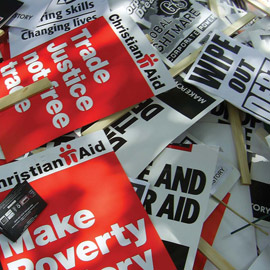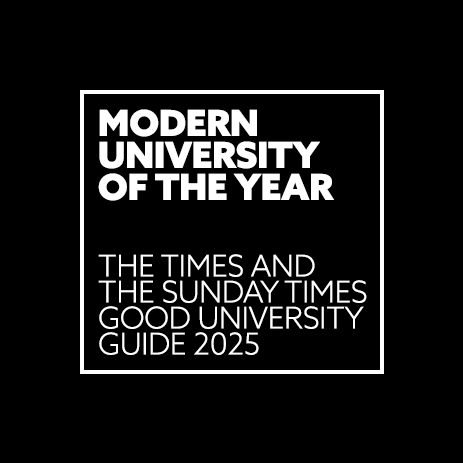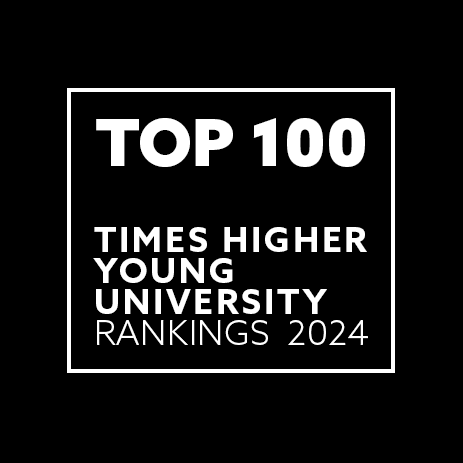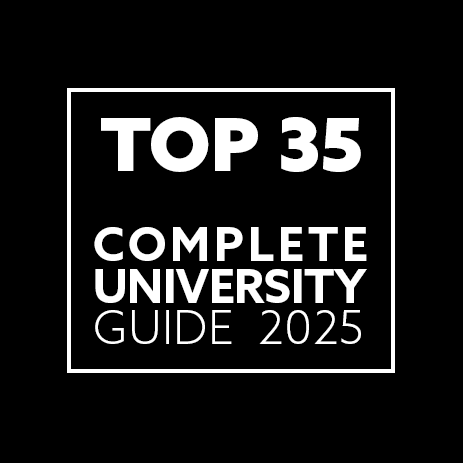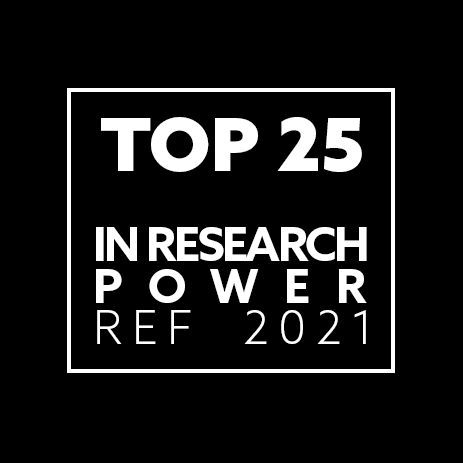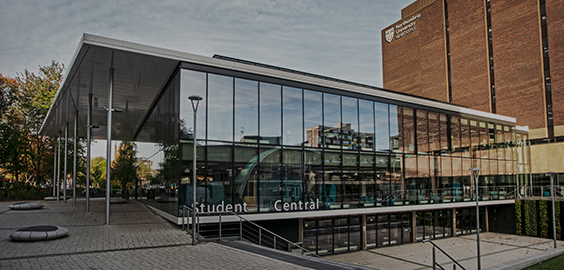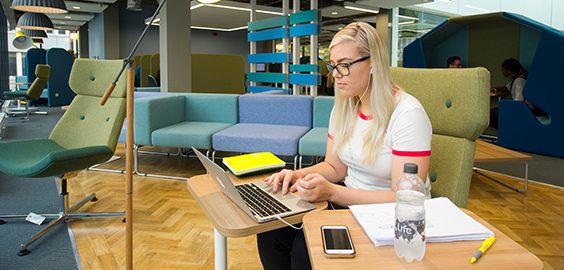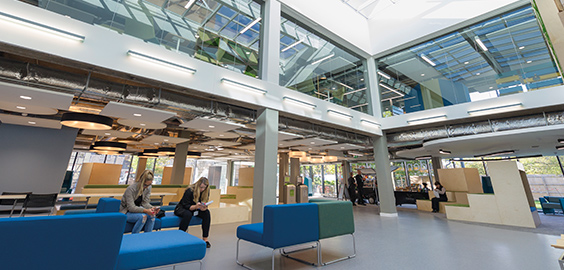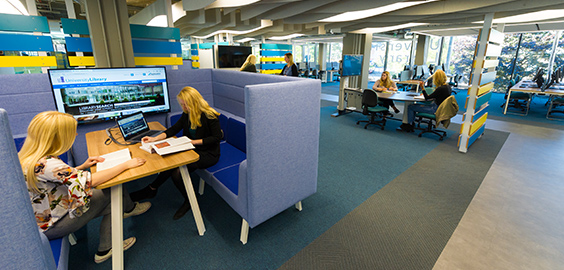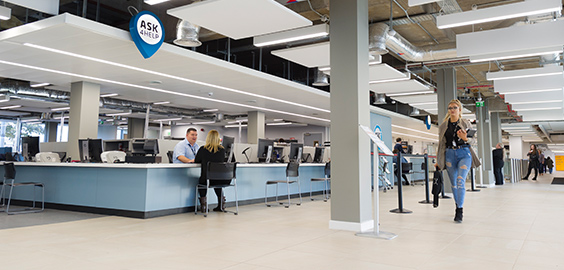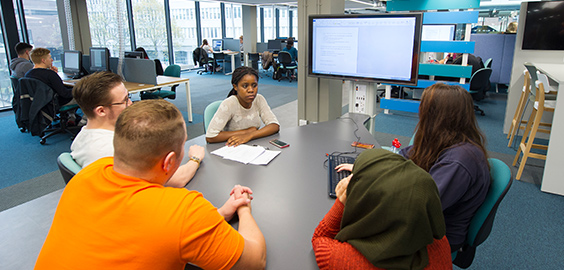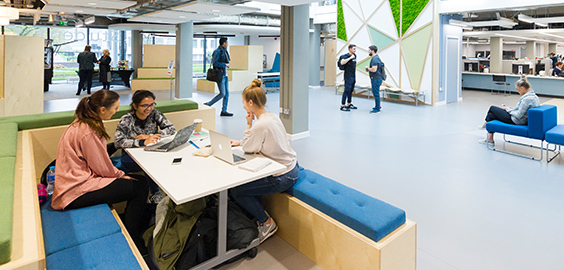Understanding crime in a modern society.
This undergraduate criminology degree at Northumbria University is the ideal choice for anyone with a critical and enquiring mind. If you have an interest in the causes of crime and victimisation, and the ways in which societies respond to crime, this course is for you. From day one you will gain invaluable insight into the complex areas of crime, deviance, and social policy.
Why choose Northumbria to study Criminology?
Learn with the best: You will learn from an experienced academic team who span from a range of specialist backgrounds. Members of our team hold leading roles in professional associations, including the British Society of Criminology.
Experiential Learning: At Northumbria, every undergraduate course guarantees real-world experience. For example, as this criminology degree progresses, you have the opportunity to apply your knowledge to the real world via a work placement and a series of modules that allow you to plan, conduct, and analyse research first-hand.
Research Power: Social Policy, which encompasses the discipline of criminology, is ranked 3rd for research power in the UK out of 76 submissions (REF 2021).
 Option for Placement Year
Option for Placement Year Option for Study Abroad
Option for Study Abroad



